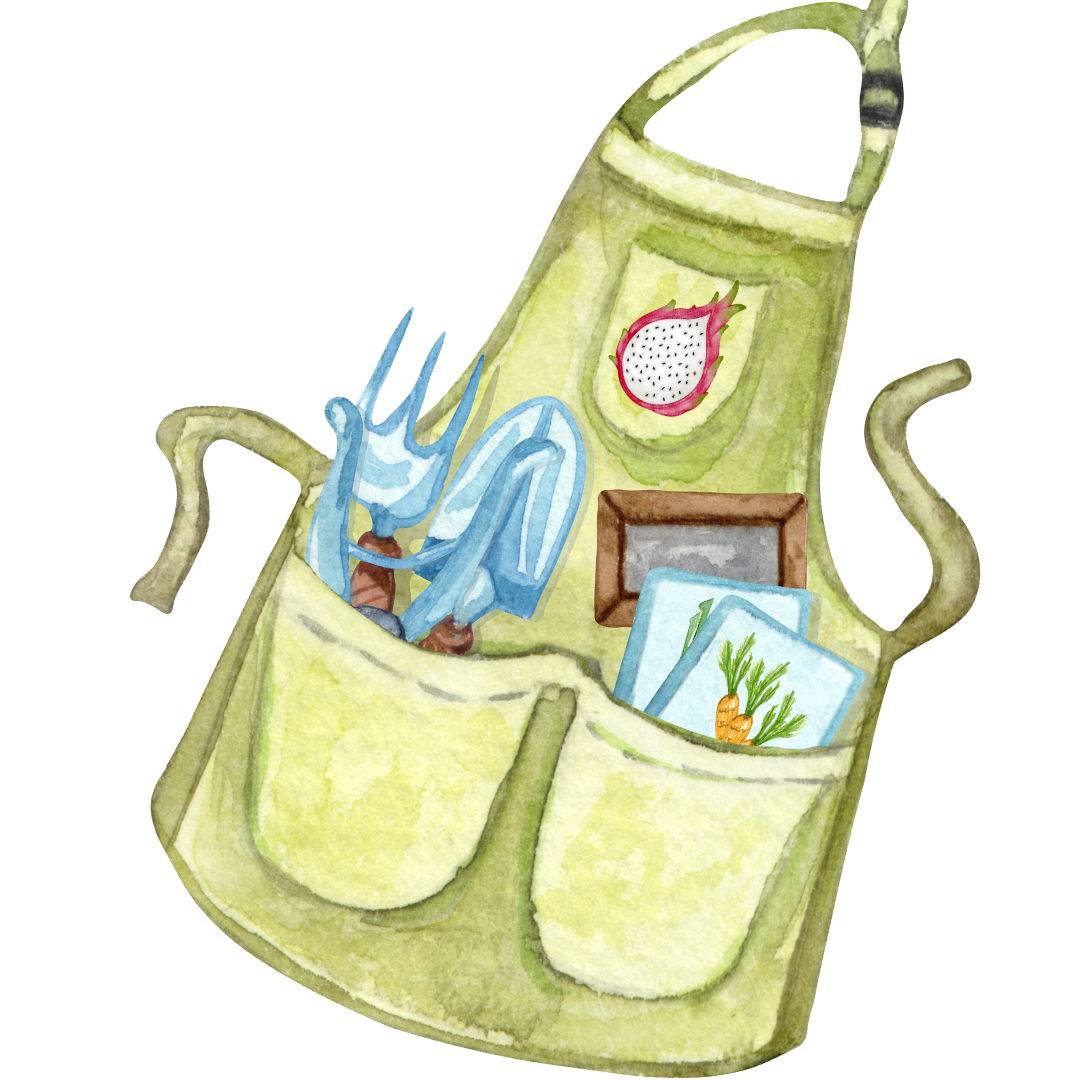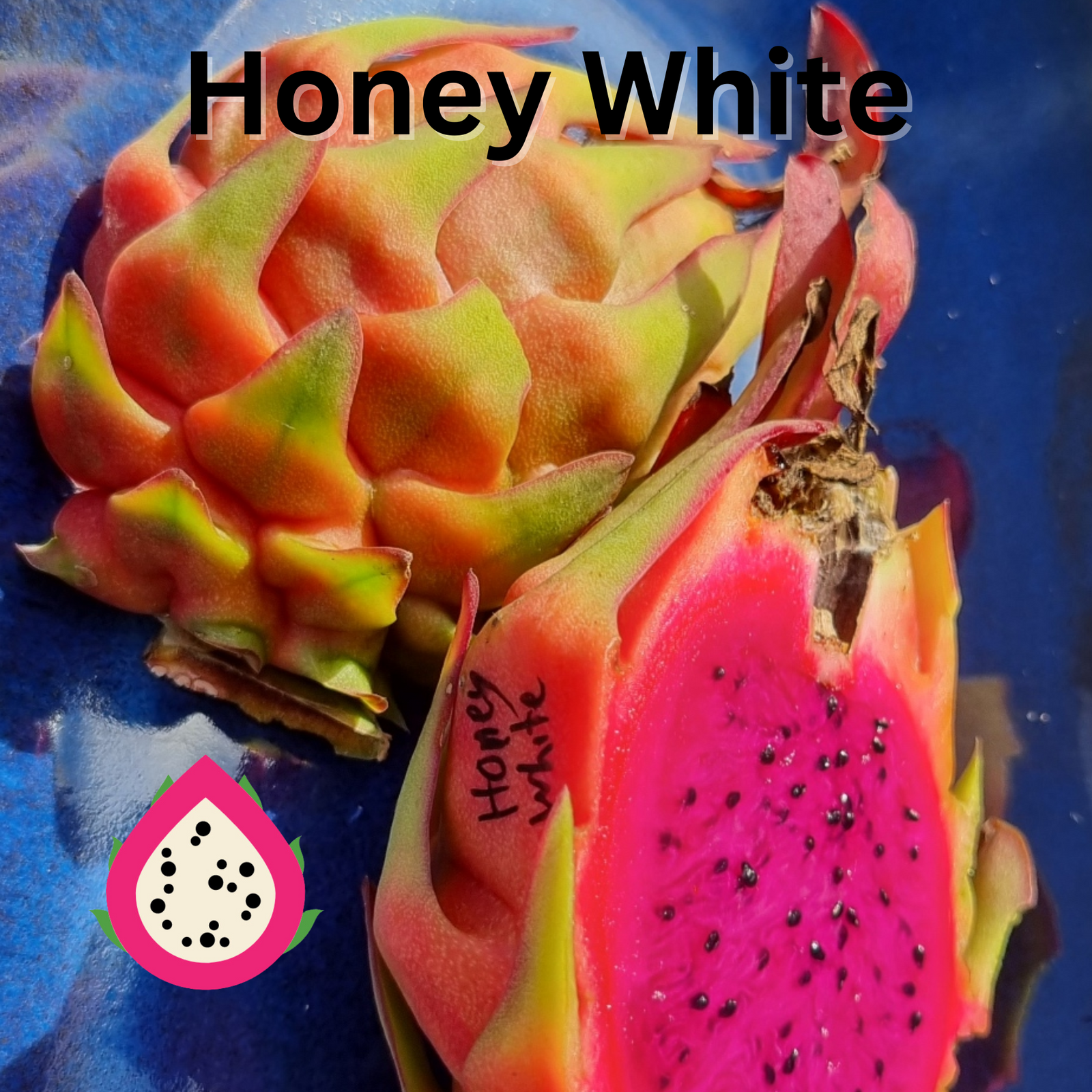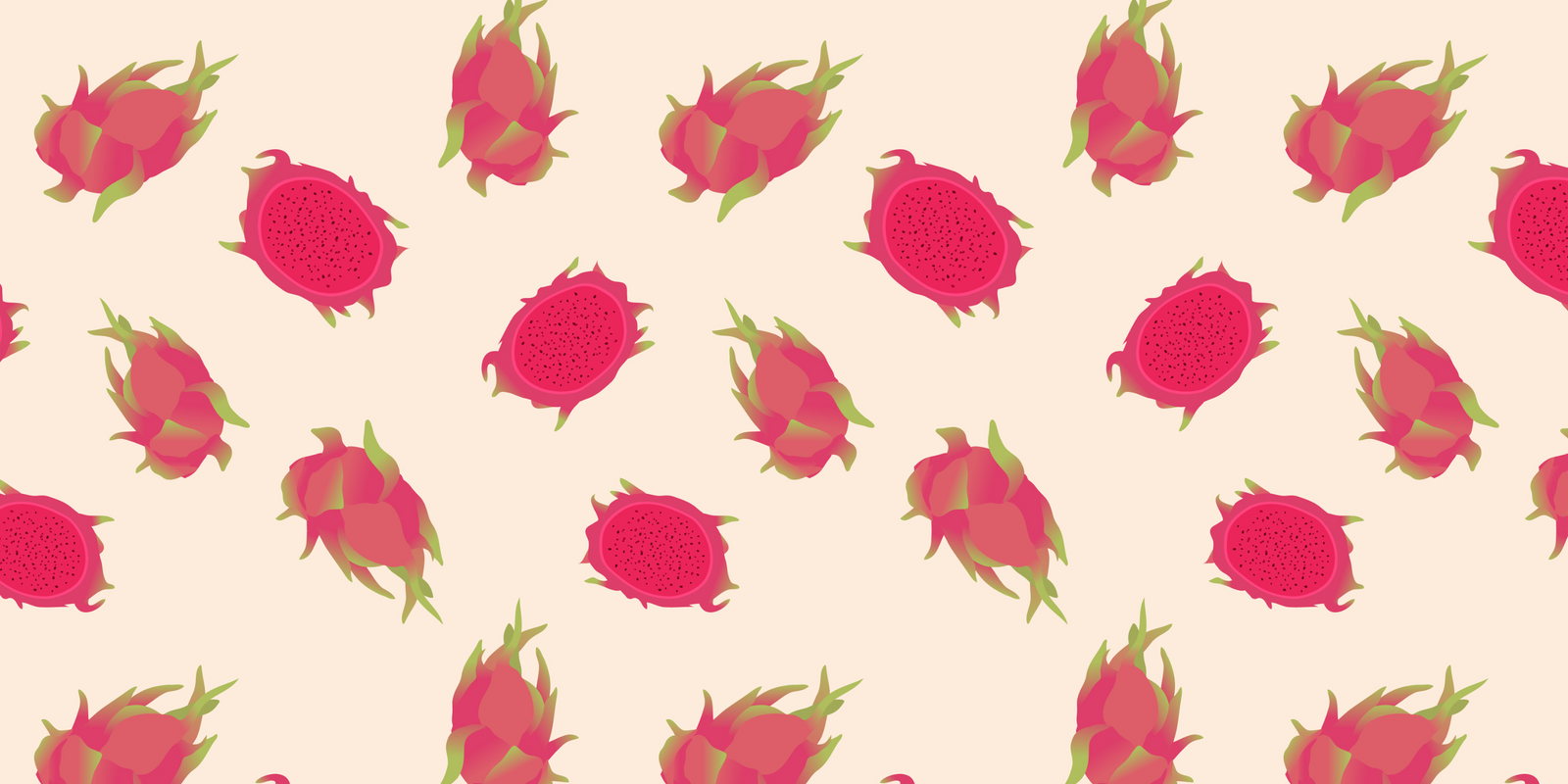-
Insufficient Light: Dragon Fruit plants thrive in full sun conditions. If they are not getting enough sunlight, they may struggle to grow and produce flowers. Make sure they receive at least 6-8 hours of direct sunlight daily. If necessary, consider moving them to a sunnier location or providing additional artificial grow lights.
-
Improper Watering: Overwatering or underwatering can both be detrimental to Dragon Fruit plants. They prefer well-draining soil, so make sure the soil is not waterlogged. Allow the soil to dry slightly between watering sessions but do not let it become bone dry. The watering frequency will depend on the climate and the potting mix used.
-
Nutrient Deficiencies: Dragon Fruit plants require proper nutrients for healthy growth and flowering. Use a balanced fertilizer designed for cacti and succulents, and apply it according to the manufacturer's instructions. Nitrogen deficiency can cause slow growth, while a lack of phosphorus may hinder flower production.
-
Incorrect Pruning: Over-pruning or pruning at the wrong time of year can disrupt flowering. Dragon Fruit plants produce flowers on new growth, so avoid heavy pruning during the growing season. Instead, prune after flowering is completed.
-
Pest or Disease Issues: Check your plants for any signs of pests or diseases, as these can weaken the plants and prevent them from thriving. Common pests for Dragon Fruit include scale insects and mealybugs. If you notice any problems, treat the plants accordingly.
-
Root Bound Plants: If the plants have been in the same pots for three years, their root systems might be root-bound, meaning the roots have outgrown the container and are circling around themselves. If this is the case, you should repot the plants into larger containers with fresh, well-draining soil.
-
Temperature and Climate: Dragon Fruit plants prefer warm temperatures and may struggle if exposed to cold or frost. Ensure they are protected from extreme cold and frost, especially during winter.







